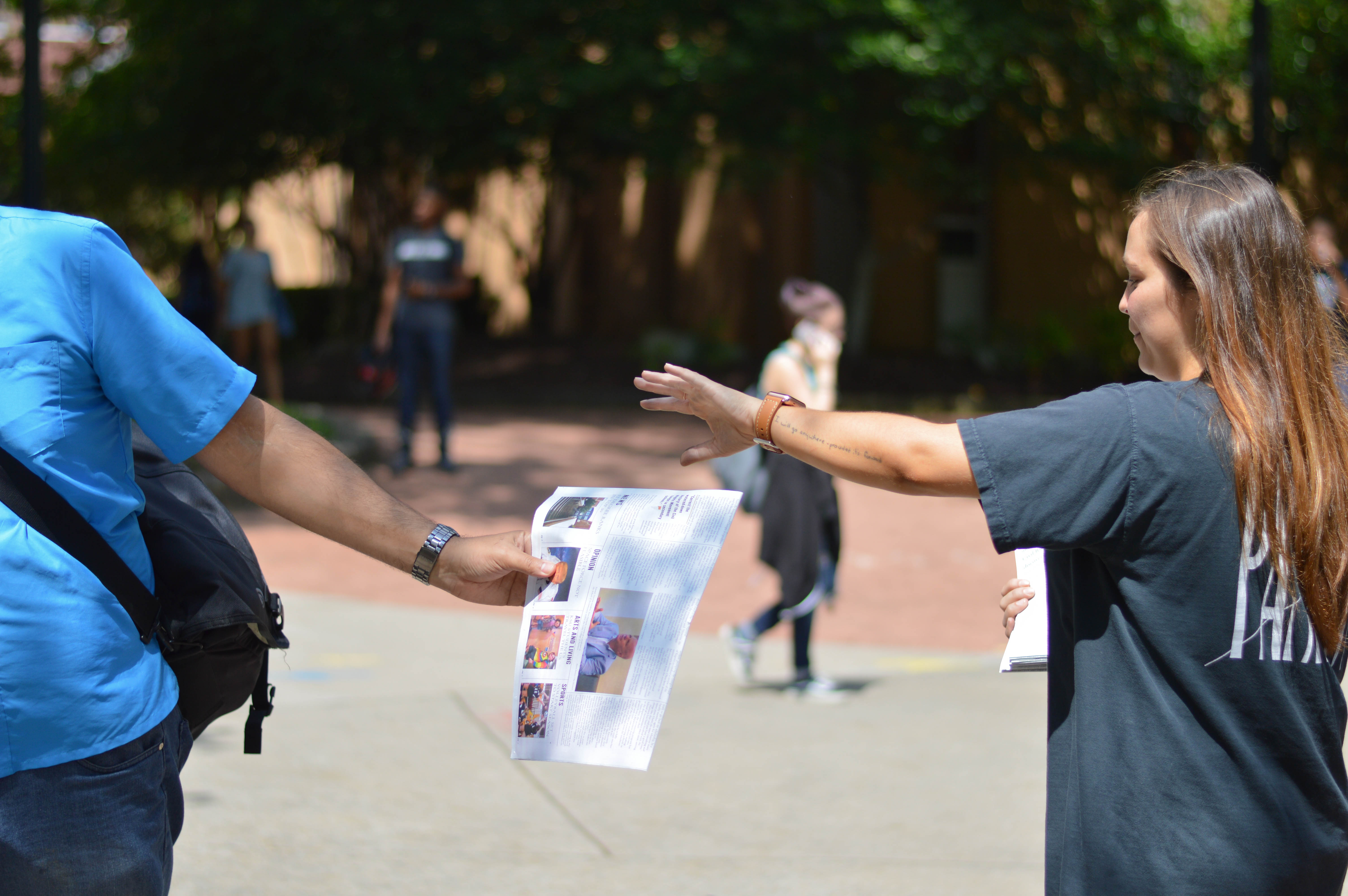Luigi Mangione’s case has sparked a national debate over whether his crime can be justified.
The 26-year-old faces charges of first-degree murder and terrorism after fatally shooting United Healthcare CEO Brian Thompson in a crime that has shaken both corporate and activist circles.
Mangione’s actions have sparked a fierce public outcry, drawing both passionate supporters and vocal critics.
Many of his supporters argue that his motivations were rooted in activism rather than terrorism. In an interview with Newsweek, Sam Beard, a spokesperson for the D4 committee, defended Mangione’s actions as part of a broader call for systemic change in healthcare.
“It is not the celebration of murder, but the political desire for a healthcare system that actually cares for people that has led to an outpouring of support for Luigi from all walks of American life,” Beard said.
On the other side of the debate, critics argue that Mangione’s actions were not just unjust but veered into the realm of terrorism. During a press conference, Pennsylvania Gov. Josh Shapiro condemned Mangione, calling him a “coward.”
“That is not how you make progress in this country,” Shapiro said. “This suspect who shot and killed that CEO is a coward, not a hero, and we need to ensure that in this country, we return to having civil discourse about our differences.”
The reaction from Mangione’s supporters has also sparked criticism, with many labeling it “disgusting” due to an apparent obsession with his appearance. In an interview with the BBC, Tanya Horeck, a professor at Anglia Ruskin University, expressed her concern over this phenomenon.
“The internet has caused a blurring of the lines between celebrity and criminality,” Horeck said. “When people see a good-looking person pop into their feeds, their first thought is lust, not moral criticism.”
While both sides present compelling arguments, charging Mangione with terrorism is an excessively harsh response. Murder is still an unjustifiable act, and Mangione should not walk free, but labeling his crime as terrorism feels disproportionate, especially when school shooters often don’t face the same charge.
Though Mangione could have pursued his cause more civilly, the prospect of a terrorism charge and the death penalty for killing one person seems both extreme and exaggerated.
This case also raises important questions about the intersection of activism and violence.
In the modern age of social media, activism is often amplified through dramatic acts that can stir public sentiment, but this does not justify violence. While it’s critical to address systemic issues, such as healthcare inequality, those advocating for change must do so within the boundaries of the law.
Failing to uphold these boundaries risks delegitimizing their cause and creating a dangerous precedent.
Ultimately, the debate surrounding Mangione’s actions forces us to confront complex questions about justice, activism, and the consequences of violence. While his crime cannot be excused, labeling it as terrorism and considering extreme penalties seems to undermine the legal system’s ability to handle nuanced cases.
Instead of resorting to sweeping charges, we should focus on creating space for peaceful dissent and constructive dialogue before tragedies like this occur again.


